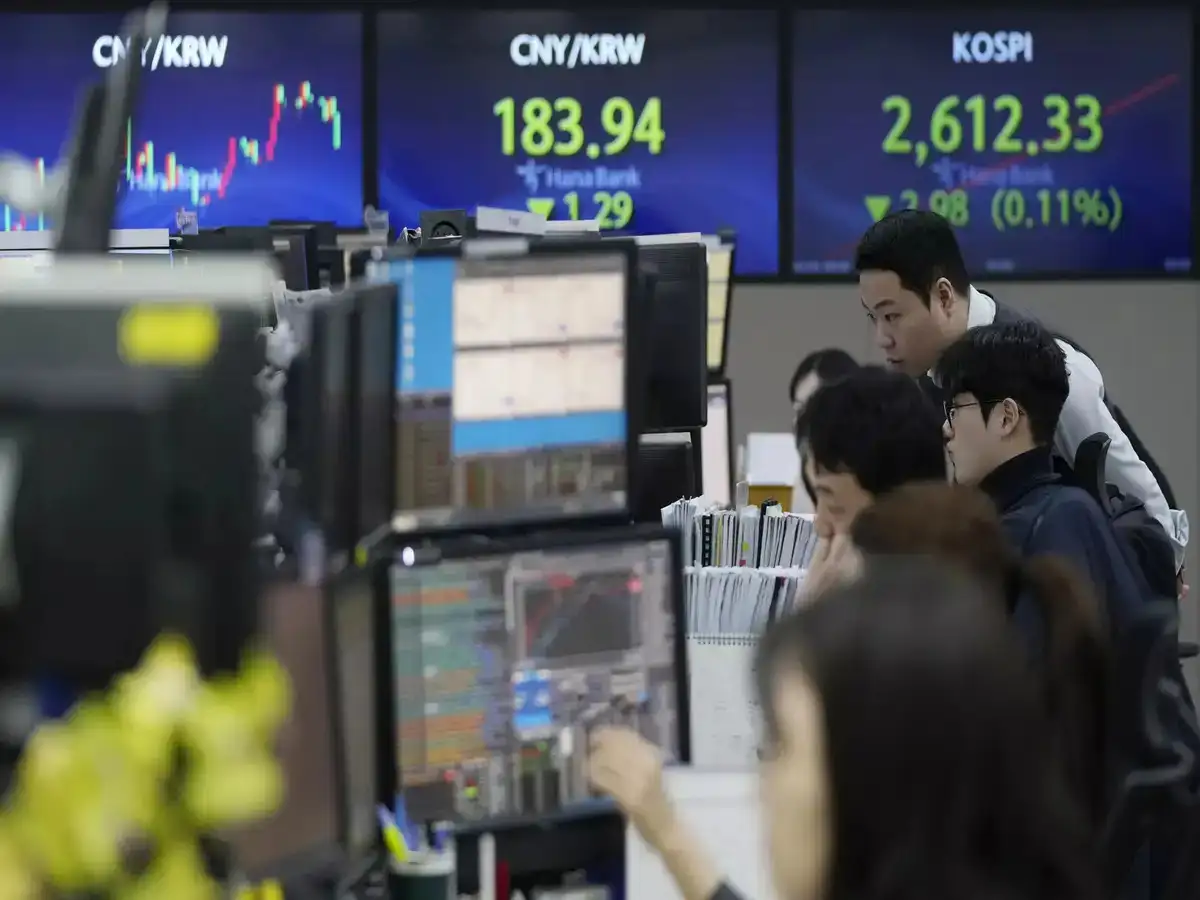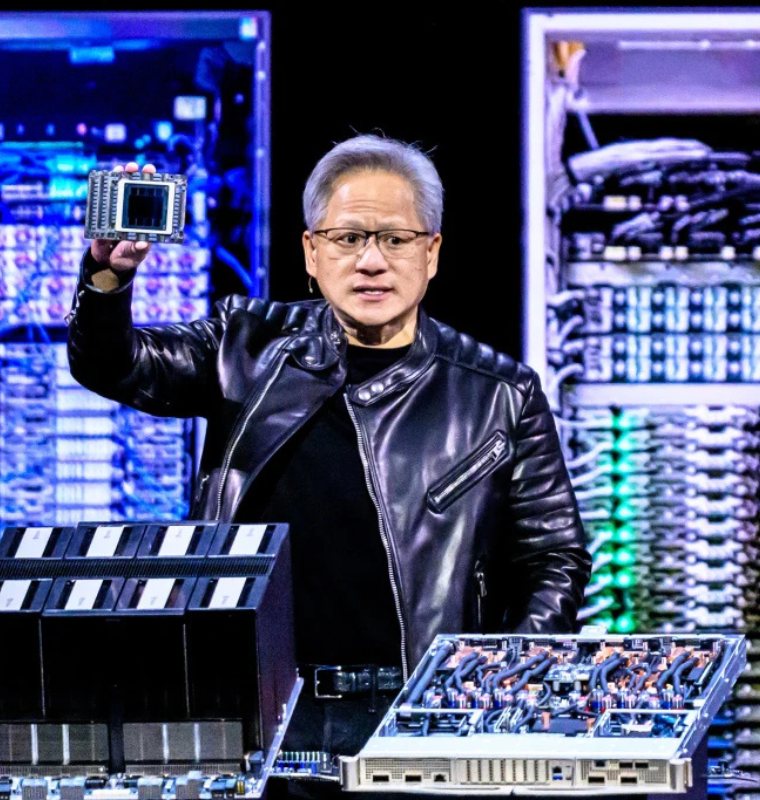South Korean Stocks Surge to All-Time Highs as AI Boom and Governance Reforms Ignite Investor Confidence
South Korean Stocks Surge to All-Time Highs as AI Boom and Governance Reforms Ignite Investor Confidence
By
Junia Wells
Last updated:
October 31, 2025
First Published:
November 30, 2025

Photo: The Economic Times
A Record-Breaking Month for South Korean Markets
South Korea’s stock market has been on a historic tear, with the Kospi index shattering record highs in recent weeks. The benchmark index climbed past the 3,100-point mark, up nearly 20% year-to-date, as investors poured billions into local equities amid growing optimism surrounding artificial intelligence, semiconductor growth, and a government-led corporate reform drive.
The Kosdaq, which tracks smaller-cap technology firms, has also joined the rally, advancing more than 25% this year — a sign that investor enthusiasm is spreading beyond blue-chip names.
Market analysts say this surge reflects renewed confidence in South Korea’s economic resilience, strong chip exports, and reform momentum aimed at making its companies more transparent and shareholder-friendly.
AI-Fueled Semiconductor Rally Lifts Market Momentum
At the heart of the rally lies South Korea’s powerhouse semiconductor sector — the lifeblood of its economy and the backbone of the global AI revolution. Companies like Samsung Electronics and SK Hynix have seen their shares soar as demand for high-bandwidth memory (HBM) and AI chips intensifies globally.
SK Hynix, one of the world’s leading memory suppliers to Nvidia, has seen its stock jump more than 70% in 2025 as orders for AI-driven chips surged. Samsung, meanwhile, is up over 40% this year after unveiling plans to ramp up production of next-generation memory modules used in AI servers.
Analysts at KB Securities noted that South Korea’s semiconductor exports grew 22% year-over-year in October, marking the sixth consecutive month of export growth and signaling a firm turnaround after a two-year slump.
“The AI investment cycle has fundamentally changed the demand landscape for semiconductors,” said one Seoul-based market strategist. “Korean chipmakers are emerging as key global beneficiaries.”
Corporate Governance Reforms Attract Foreign Capital
Alongside the AI boom, another powerful catalyst is sweeping through the market — corporate governance reform. The South Korean government recently unveiled its “Corporate Value-Up Program,” designed to encourage companies to improve transparency, increase dividends, and enhance shareholder returns.
The reforms, which mirror Japan’s successful corporate governance overhaul, have drawn significant attention from foreign institutional investors, who now view Korean equities as both undervalued and increasingly accountable.
Since the reform plan was announced, foreign investors have purchased over $12 billion in Korean equities, according to the Korea Exchange, marking one of the strongest inflows in years.
The initiative targets conglomerates known as chaebols, pushing them to streamline ownership structures and reduce “Korea discount” valuations — a term used to describe the tendency of Korean companies to trade below global peers due to governance concerns.
“Improving shareholder value is not just about short-term returns,” said South Korea’s Financial Services Commission chair. “It’s about creating a sustainable investment environment that aligns with global standards.”
Broader Economic Confidence and Market Outlook
The stock market rally comes amid signs of a broader economic rebound. South Korea’s GDP expanded 2.5% in Q3 2025, its fastest pace in over a year, supported by rising exports, improved consumer sentiment, and stable inflation.
The won has strengthened slightly against the U.S. dollar, reflecting capital inflows and a more favorable trade balance driven by tech exports. The Bank of Korea, which has maintained a cautious monetary stance, signaled that it may consider gradual rate adjustments next year if inflation continues to ease.
Despite these gains, some analysts warn that valuations in certain AI-linked sectors may be running ahead of fundamentals. Still, long-term investors remain optimistic that structural reforms and sustained global demand for chips will underpin growth through 2026.
South Korea’s Market at an Inflection Point
With a combination of AI-driven innovation, policy reform, and renewed foreign interest, South Korea’s stock market appears to be entering a new era. The Kospi’s record-setting performance not only underscores investor confidence but also highlights the country’s growing importance in the global tech and financial landscape.
If reforms continue to strengthen corporate accountability — and the AI semiconductor boom endures — South Korea may soon shed its “discount” reputation entirely and join the ranks of Asia’s most dynamic and globally competitive markets.
Popular articles
Subscribe to unlock premium content
AI-Curated Luxury Shopping Experiences Transform the Market

Luxury Smart Vehicle Accessories Create a $250 Million Niche Market

Bespoke AI Fitness Experiences Redefine Personal Training

AI-Curated Luxury Shopping Experiences Transform the Market

Luxury Smart Vehicle Accessories Create a $250 Million Niche Market

AI-Curated Luxury Shopping Experiences Transform the Market









